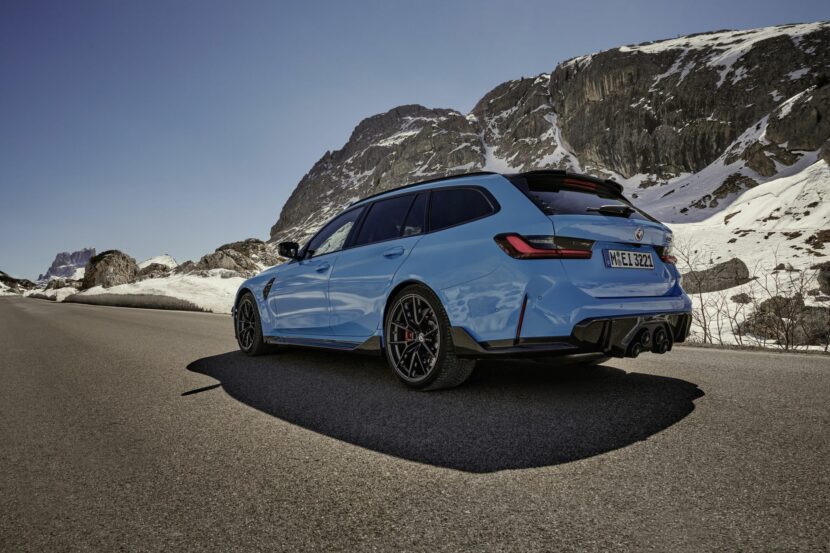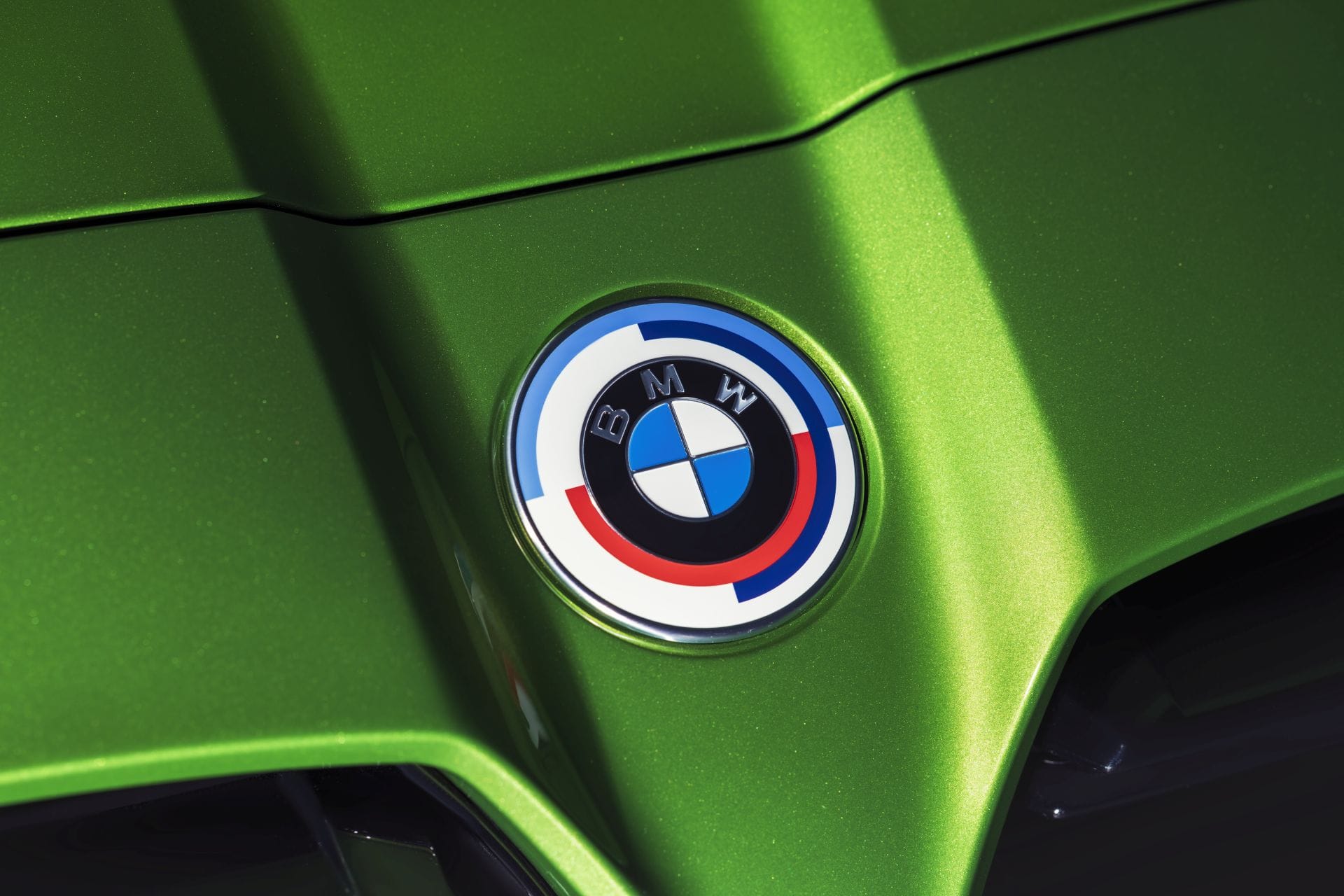2021 was a record-breaking year for the BMW Group but it looks as though 2022 won’t be able to match those numbers. Due to the volatile conditions generated by Russia’s invasion of Ukraine, COVID-related lockdowns in China, and the part shortages delaying deliveries, the automotive conglomerate projects “slightly lower sales” compared to the previous year. Through September, deliveries went down by 9.5% to 1,747,838 units.
The core brand suffered the biggest drop as BMW sold 1,533,866 cars in the first nine months of the year or 9.9% compared to the same period in 2021. Demand for MINIs dropped by 6.9% through the third quarter of 2022, with 209,271 cars delivered to customers. As far as Rolls-Royce is concerned, the ultra-luxury British brand saw its sales jump by 8.9% to 4,701 units. Demand for two-wheeled products was up as BMW Motorrad is happy to report sales increased by 1.7% to 159,333 motorcycles through September.

Aside from delivering fewer cars, the BMW Group also reduced its production volume in January – September 2022. A total of 1,771,701 cars were built in this interval, representing a decrease of 2.6% compared to the first three quarters of 2021. On the financial services side, new contracts with retail customers were down by 21.9% to 1,178,286.
Despite the drop in deliveries, the BMW Group says it’s still the best-selling luxury brand at home in Germany as well as globally. It more than doubled its sales of electric cars in the first nine months of the year, reaching over 128,000 EVs. This was made possible thanks to the rollout of the i3 Sedan in China as well as strong demand for the iX3, i4, iX, and the MINI Cooper SE. With the iX1 and i7 coming soon and the i5 next year, deliveries of zero-emission vehicles are expected to increase furthermore.
By accelerating EV adoption, BMW estimates it will lower its fleet emissions in the European Union quicker than estimated, dropping by 5% to 10% year-on-year. Previously, the automaker had projected a maximum reduction of 4.9%.
Source: BMW





































































